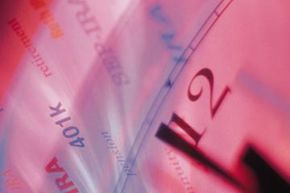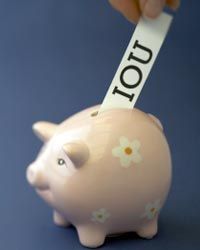Since 1982, American workers have been saving for retirement by contributing to 401(k) plans. A type of defined contribution plan offered by many employers, a traditional 401(k) allows an employee to elect for his employer to contribute up to 15 percent of his monthly pay to the plan. Some employers will match the amount set aside up to a certain amount. The employee then chooses from a number of funds -- including various money market, mutual and bond funds -- in which the money is invested.
The employee will ultimately receive the balance in the account, which fluctuates based on changes in the value of the investments, as well as the amount of contributions to the account. The employee is not taxed on the money in the plan until it's withdrawn. Additionally, 401(k) money is protected in the event the company sponsoring the plan goes bankrupt, although some plans require the employee to be enrolled for a certain amount of time before the portion of employer contributions to the balance are protected [sources: Department of Labor, Employee Retirement Income Security Act of 1974].
Advertisement
About 60 percent of households nearing retirement age have 401(k)-type accounts, and as the national economy continues to sputter, many are turning to this portion of their nest egg for help. While the money in a 401(k) account ultimately belongs to account holder, cashing out a 401(k) early can have dire affect on a person's financial security [source: Browning].
Here are some things you should know before cashing out your 401(k).
Advertisement




